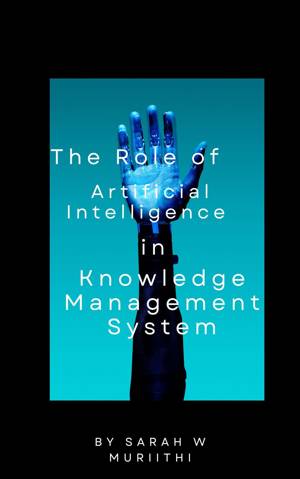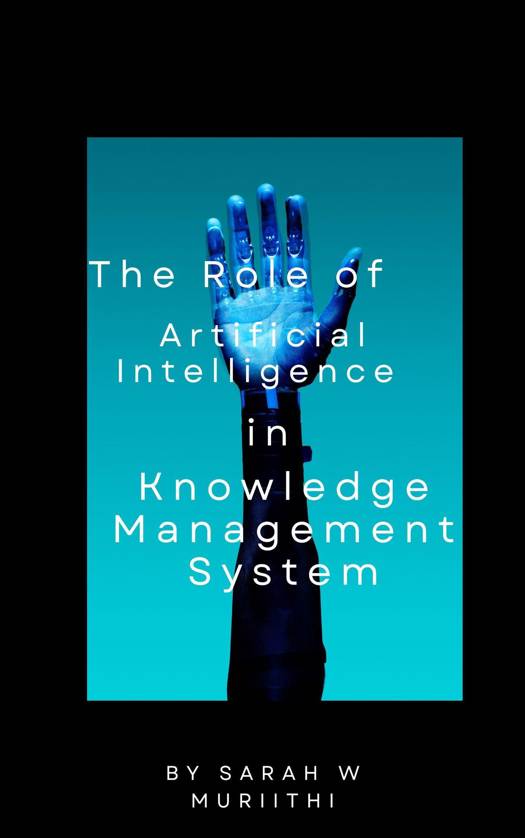
- Retrait gratuit dans votre magasin Club
- 7.000.000 titres dans notre catalogue
- Payer en toute sécurité
- Toujours un magasin près de chez vous
- Retrait gratuit dans votre magasin Club
- 7.000.0000 titres dans notre catalogue
- Payer en toute sécurité
- Toujours un magasin près de chez vous
The Role of Artificial Intelligence in Knowledge Management Systems EBOOK
Sarah W MuriithiDescription
"The Role of Artificial Intelligence in Knowledge Management Systems" is an insightful and comprehensive book that delves deep into the intersection of AI and KM. With the rapid advancements in AI technology, knowledge management is increasingly becoming more complex and challenging. This book offers an in-depth analysis of how AI can be integrated into KM systems to improve organizational efficiency, innovation, and decision-making.
This book covers a broad range of topics such as NLP, ML, DL, ANN, SVM, RNN, CNN, GANs, OCR, IoT, big data, data mining, data analytics, decision making, knowledge sharing, knowledge discovery, knowledge representation, knowledge retrieval, chatbots, recommendation engines, expert systems, speech recognition, sentiment analysis, image recognition, ethics, privacy, governance, change management, digital transformation, human factors, customer experience, UI/UX design, agile development, lean six sigma, industry 4.0, smart manufacturing, digital twins, blockchain, cybersecurity, cloud computing, machine ethics, bias, explainability, transparency, accountability, data protection, GDPR, HIPAA, AI ethics frameworks, AI regulations, AI governance models, AI maturity models, AI adoption strategies, AI use cases, and AI technologies.
In this book, the authors present real-world examples of how organizations have successfully implemented AI-driven KM systems, highlighting the lessons learned and best practices. The book also explores emerging AI technologies and their potential impact on KM systems, as well as the integration of AI with other emerging technologies.
Furthermore, the book provides insights into the future of knowledge management in the era of AI, discussing how AI will impact decision-making, innovation, and overall organizational efficiency. The authors conclude with recommendations for future research and practice, and the role of AI in KM systems.
Overall, "The Role of Artificial Intelligence in Knowledge Management Systems" is a must-read for business leaders, researchers, and practitioners who want to gain a comprehensive understanding of the role of AI in KM systems and the potential impact it will have on organizations in the digital age.
Spécifications
Parties prenantes
- Auteur(s) :
- Editeur:
Contenu
- Langue:
- Anglais
Caractéristiques
- EAN:
- 9798223865339
- Date de parution :
- 19-04-23
- Format:
- Ebook
- Protection digitale:
- /
- Format numérique:
- ePub

Les avis
Nous publions uniquement les avis qui respectent les conditions requises. Consultez nos conditions pour les avis.






